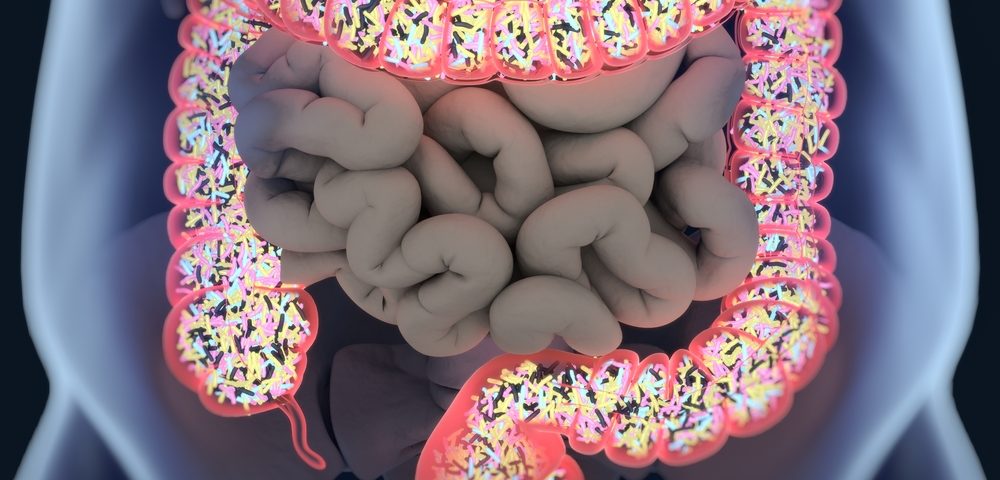Specific bacterial strains in the gut may contribute to the effectiveness of immunotherapy in advanced melanoma, new research from The University of Chicago Medicine shows.
The research, titled, “The commensal microbiome is associated with anti-PD-1 efficacy in metastatic melanoma patients,” appeared in the journal Science.
PD-1 inhibitors like Opdivo (nivolumab) and Keytruda (pembrolizumab) work by blocking a molecular pathway that prevents the immune system from destroying tumor cells. Despite their proven therapeutic benefit, only about 35 percent of melanoma patients who receive immunotherapy see a significant benefit. University of Chicago researchers now have shown that this could be related to microorganisms naturally found in the intestines.
Their findings revealed that specific strains of commensal bacteria can improve the response to immunotherapy in advanced melanoma patients. The strong link between specific gut bacteria and clinical response to anti-PD-1 immunotherapy indicates “a causal relationship,” study director Thomas Gajewski, MD, PhD, said in a press release.
Specifically, patients responding to anti-PD-1 treatment had a higher prevalence of Bifidobacterium longum, Collinsella aerofaciens, and Enterococcus faecium in the gut compared to those who didn’t respond to treatment, according to the study. These bacteria appear to improve the body’s immune response to a tumor by increasing infiltration of T-cells — a type of immune cell — into the tumor and by enhancing the ability of T-cells to kill cancer cells.
“Specific bacteria clearly contribute to improved anti-tumor immunity in patients,” Gajewski said.
These findings add to a 2015 study from the same team showing that the composition of gut microorganisms determined the effectiveness of cancer immunotherapies in mice.
“We initially thought the microbiome was a minor component,” Gajewski said. The term microbiome refers to a collection of microorganisms living in a particular environment in the body, in this case, the gut. “But in our current study, these bacteria were a very strong predictor of who would respond” to treatment.
The latest study included 42 patients being treated for metastatic melanoma. Thirty-eight received an anti-PD-1 treatment, such as Opdivo or Keytruda, and four received a similar therapy called Yervoy (ipilimumab), which blocks a different molecular pathway.
By examining stool samples obtained from patients prior to treatment, researchers focused on eight bacterial species that were more abundant in patients who responded to therapy and two species that were more prevalent in patients who did not respond. All patients with a higher ratio of “beneficial” to “non-beneficial” bacteria showed a reduction in tumor size.
In another experiment, the researchers collected fecal bacteria from three patients who responded favorably to treatment and three others who did not. The bacteria then were transferred into the intestines of germ-free mice. Two weeks later, melanoma cells were implanted in the mice.
The results showed that two out of three groups of mice with bacteria from human responders had slow-growing tumors. Two out of three groups of mice with bacteria from human non-responders had fast-growing tumors. Anti-PD-1 therapies only reduced tumor size in mice that received microbiota from responding patients.
Overall, the findings demonstrate the importance of microbial support for antitumor immune responses.
“Our results suggest that the commensal microbiome may have a mechanistic impact on antitumor immunity in human cancer patients,” the researchers wrote.
Future research will include the testing of probiotics in immunotherapy, Gajewski said, adding that he hoped to launch a clinical trial with Bifidobacteria this year.
The researchers also will continue identifying beneficial and potentially harmful gut bacteria in cancer patients and studying the biological mechanisms of these bacteria.


